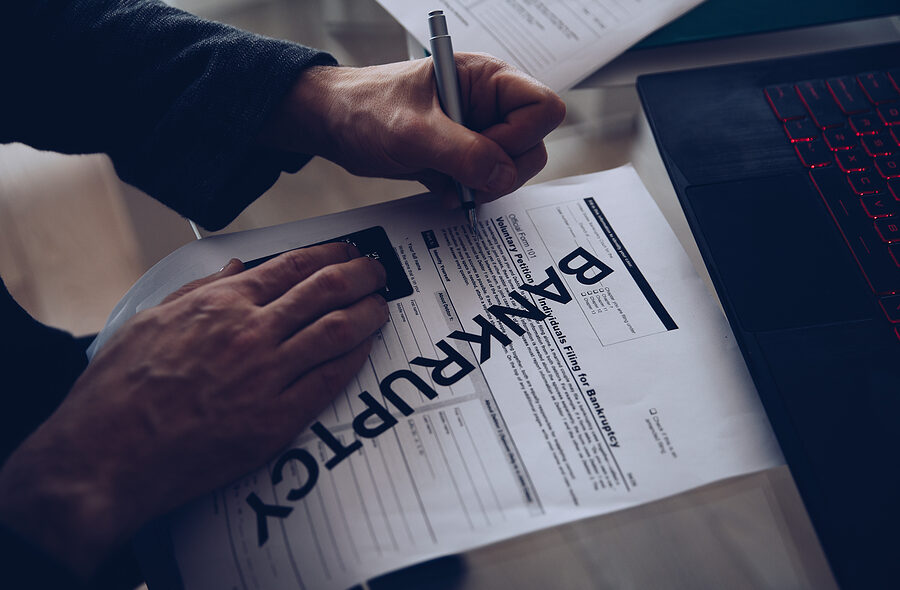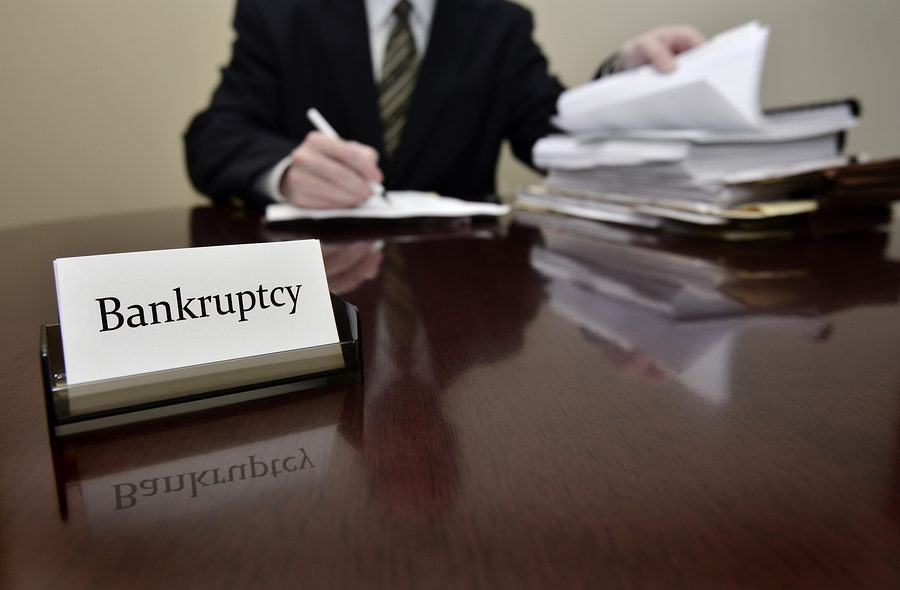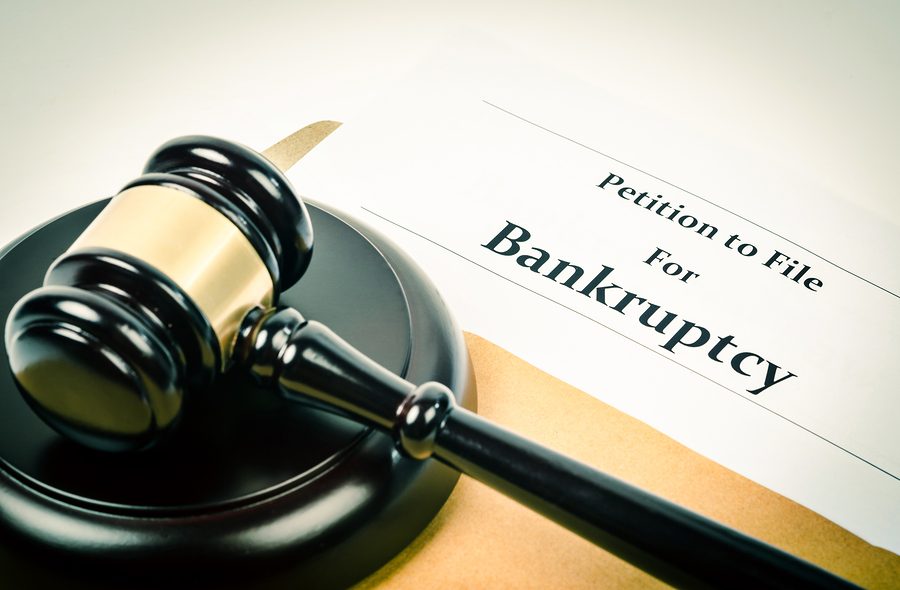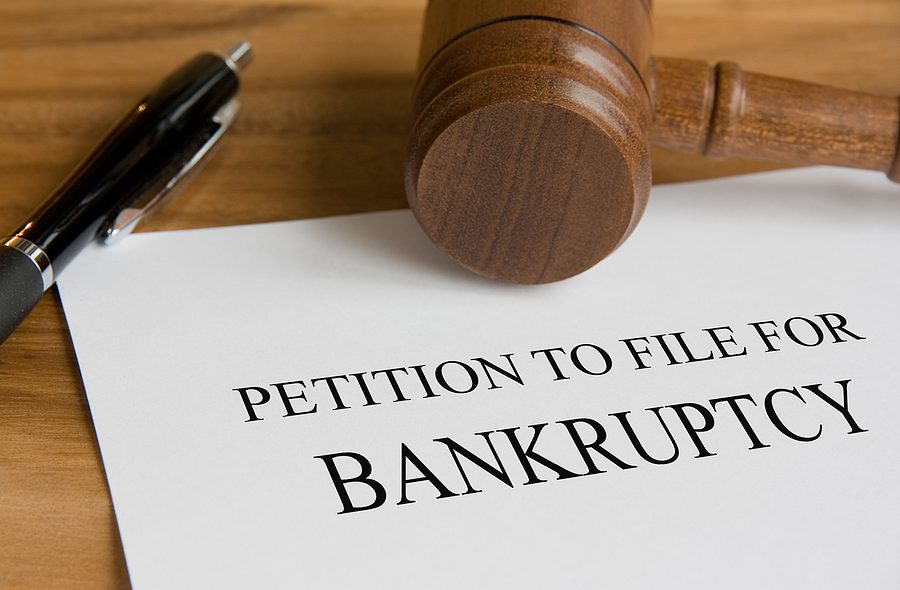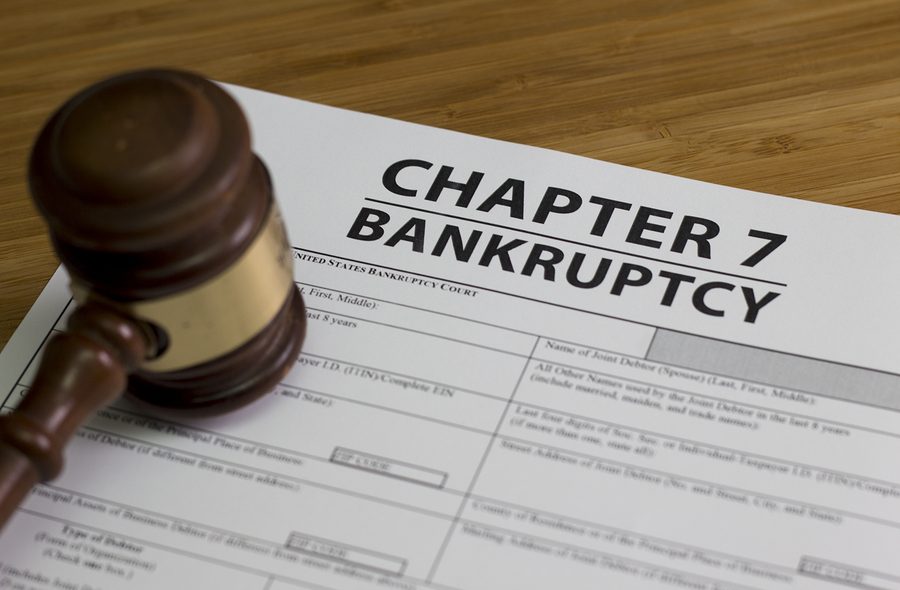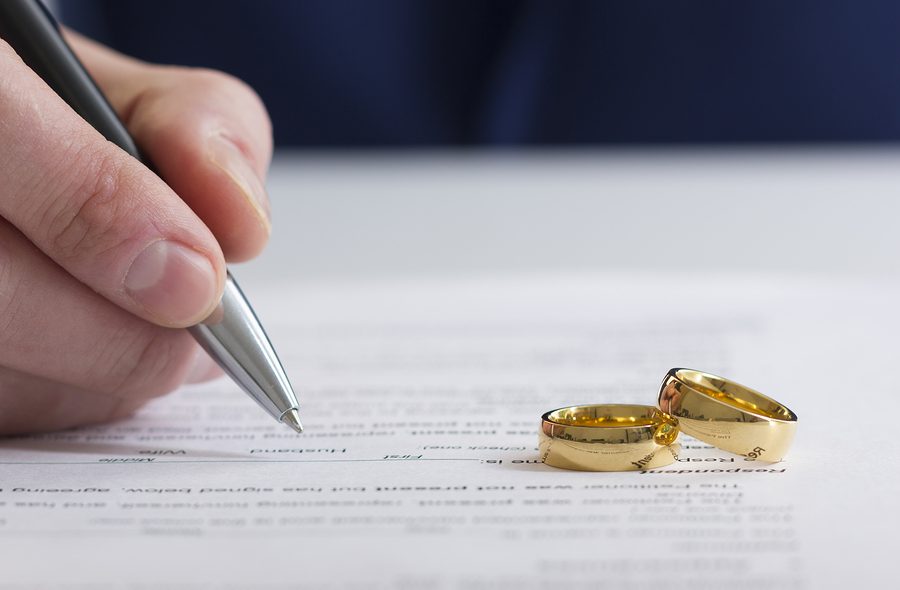Filing for bankruptcy when someone is married can be a joint process, or it can be done by only one spouse proceeding with the case. Ultimately, it depends on the type of debt and the financial situations for both spouses. For example, if one only spouse owes a specific debt or debts, then that spouse may be able to proceed on a bankruptcy alone, especially if the other spouse has good credit and very few other debts. Proceeding with a single bankruptcy case while married can be complicated, and in certain situations, it can adversely affect the non-filing spouse, but not always.
Joint Debts
In any marriage, parties bring in their own, individual debts, and debts are almost always incurred during the marriage, as well. One spouse may choose to take out a loan, not naming the other spouse on the debt, which means only the spouse whose name is on the debt is responsible for what is owed. If that spouse is not able to continue making payments on the debt, he or she can proceed with a bankruptcy to discharge that debt. If the debts listed in that bankruptcy case belong to the filing spouse alone and not the non-filing spouse, discharging the filer’s debts and liabilities should be a straightforward process. It becomes more complicated if any of the debts listed in the bankruptcy case belong to the non-filing spouse. In these situations, these joint debts will normally remain with the non-filing spouse.

